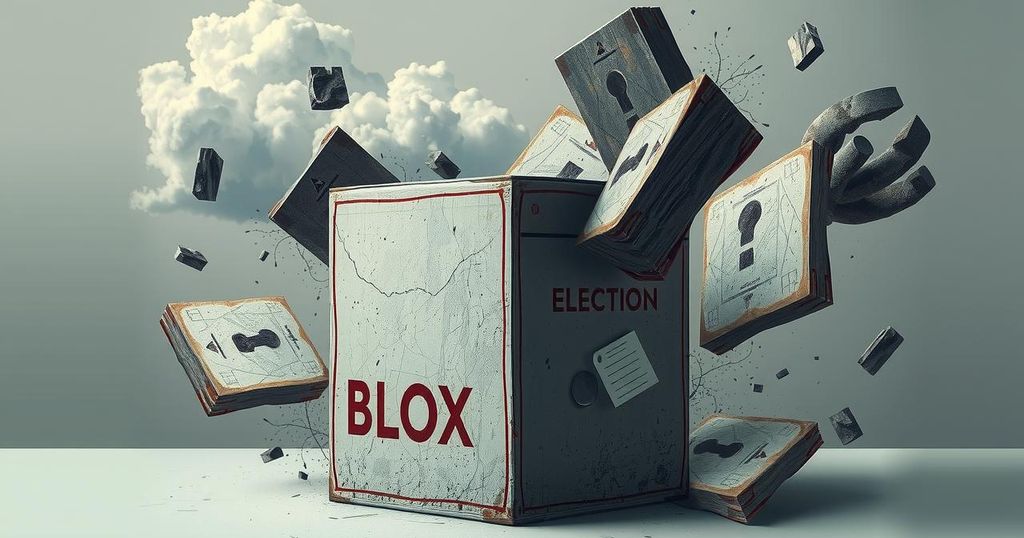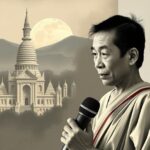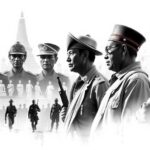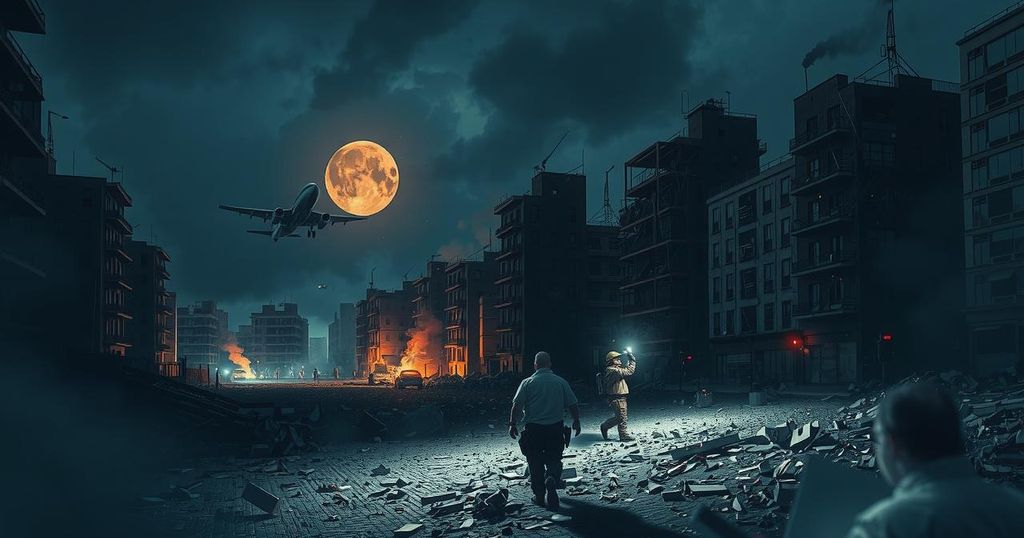Myanmar’s Military Regime Faces Resistance Ahead of Controversial Elections
Myanmar’s military regime is preparing for controversial elections amid rising violence and opposition disapproval. The recent census, crucial for voter registration, faced significant disruption, reflecting the regime’s weakening authority. Analysts and opposition groups predict that the elections will exacerbate instability rather than foster peace, with the legitimacy of the vote increasingly questioned.
Myanmar’s military government is preparing for national elections amidst escalating violence and opposition. The 2024 census, pivotal in determining voter registration, faced significant backlash from resistance forces, marking it as potentially the bloodiest in the country’s history. Despite military claims of success, many view the census as a failure, highlighting the regime’s weakened control and the ongoing civil conflict that commenced after the coup in February 2021.
The regime’s election strategy is viewed skeptically by opposition groups. Zaw Kyaw, a spokesperson for the National Unity Government, emphasized that the election is merely a facade to gain legitimacy for the junta, predicting that it would exacerbate instability rather than restore peace. Historically, the regime has faced severe setbacks against pro-democracy forces, diminishing its credibility.
The military’s ambitious plans follow the outcome of the last general elections in 2020, which saw a landslide victory for Aung San Suu Kyi’s NLD party. The military justified its coup by alleging massive electoral fraud, although no credible evidence was presented. Under a state of emergency since then, the military is determined to assert control through elections, despite significant resistance.
Opposition forces maintain that any elections would undermine the will of the people and ignore the widespread dissent against military rule. Analysts predict that elections will be chaotic, with heightened risks of violence against both military personnel and citizens participating in the election process. Such elections are considered illegitimate, differing fundamentally in purpose and nature from conventional democratic processes.
A crisis of significant proportions currently grips Myanmar, as the military struggles with internal challenges and external pressures. Reports indicate a dramatic surge in defections from the army and a notable loss of territory to pro-democracy resistance groups, further destabilizing the regime’s authority. As the date for potential elections approaches, critical discussions regarding the legitimacy and efficacy of such actions are taking place.
International observers, including ASEAN, have criticized the military’s election plans amid continued armed conflict, urging a focus on restoring peace instead. Ultimately, these elections are seen as a desperate effort by a beleaguered military regime seeking to retain power in the face of overwhelming public opposition and armed resistance. The future remains uncertain, but signs point toward an inevitable decline of the current military government.
The context surrounding Myanmar’s military regime and its pursuit of elections is steeped in turmoil following the coup that displaced the democratically elected government in 2021. The ensuing civil conflict has seen armed resistance intensify, with both domestic and international actors voicing opposition to the military’s legitimacy and actions. This chaotic landscape is characterized by violence, forced participation in state activities like the census, and a general atmosphere of dissent directed towards the ruling authority.
In conclusion, Myanmar’s military regime is bracing for elections in a climate rife with violence and resistance. The opposition’s rejection of the military’s legitimacy raises critical concerns about the elections’ outcome and viability. With internal divisions, escalating conflict, and international criticisms, the regime’s hopes for a democratic restoration appear increasingly unattainable as it grapples with the reality of its diminished power and legitimacy.
Original Source: www.aljazeera.com








Post Comment